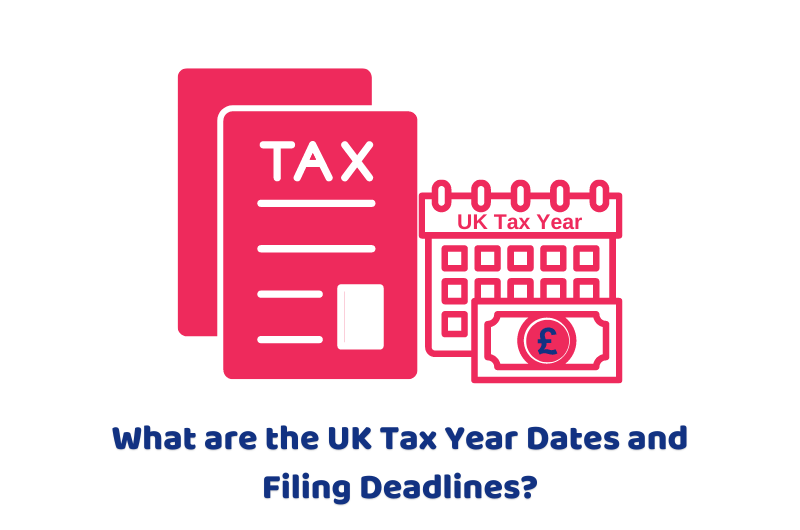The usual dates of a tax year in the UK begin on the day of 6th April and sends on the 5th of April. There is known to be a term in the accounting as running to 5th April, this means when the year ends any time between the period of 31st of March to 4th of April. This is considered to be the concession of HMRC. In case of being a beginner and starting the tax year as a company partnership or as a sole trader, your tax year will be considered from the date where you actually started. Your accounting year will end by the end, you will have to be prepared for winding up your accounts for the particular year. You also need to be aware of the UK tax year dates to keep a track of deadlines.
This post has compiled the relevant facts about how the overlapped profits are taxed twice, whether the choice of accounting date is possible or not, what are the ways to avoid carrying your business losses to the next year, and what is the importance of basis period. Let us get delved further into the discussion to know further details.
Why are Overlapped Profits Taxed Twice?
Overlap tax refers to the kind of tax that is done twice within the duration of the tax year. Sometimes even after the tax year ends. This is done under the self-assessment. This happen usually at the beginning of an accounting year or when you make a choice about your accounting year. It becomes imperative at this stage that you will have to notify HMRC about the overlap profits while you are working on your tax returns. The overlap profits can be deducted when you are changing the accounting date or when you plan to cease your business activities.
Is the Choice of Accounting Date Possible?
When you find a tendency for your business profits to go low from high, you will have to control the tendency of overlap profits. The low you have realised is the profits are due to the profits being taxed twice may be at the beginning of the accounting period. In such cases, the professionals recommend opting for the accounting year that is ending by the end of 31st of March.
On the other hand, sometime you will observe a sudden increase in your profits. This is because of gaining the advantage of cash flow when you make a change of accounting year ending dates. Let us say you have chosen the date 30th April for example. Because of this fact, your profits are more likely to be taxed at a lower rate and you have observed a change in the number of profits.
How to Avoid Carrying the Losses Forward in the Next Year?
When your business is a kind of side gig and HMRC consisted of it as a hobby, there may be restrictions about the loss relief in your business. When you are associated with cash accounting, the only choice is to carry the losses forward in the next accounting period. However, you will have to be very considerate about what is the effective most choice for ending the accounting period for your business. Most possibly ending the accounting year between the period of 31st of March to the 5th of April will help you get the loss relief from HMRC. The possibility of getting the loss relief is only once in an accounting period. So you can not expect any chances of overlap losses.
What is the Importance of the Basis Period?
For the purpose of tax, the basis period is usually determined to settle with the accounting dates of choice. The partnerships and sole traders will pay tax for these particular dates. In normal practice, the basis period is considered to be the same as the accounting period. When you are in a partnership, every individual will have their own basis period in that case. This is because of the fact that the basis period is implemented to each individual in the partnership rather than applied to the whole partnership. There are certain rules and regulations regarding the basis period in the opening year. These are listed and explained below:
- A single tax year should be based on a period of 12 months.
- The amount of profit earned within the period of 12 months must be taxed.
- There are some kinds of profits that are taxed for a duration of more than 12 months, these are known as overlapped profits.
The Bottom Line
Now that we have gathered a fair amount of information about what are the UK tax year dates, we can bring the discussion towards wrapping up. Moreover, the dates of the accounting period and the tax year are important to consider as they help to keep you away from any kind of hefty fines and other relevant penalties in case you have missed out a deadline. This could be a deliberate or unintentional missing but you will have to prove it to HMRC by using solid pieces of evidence. In case of a mistake made unintentionally, you can witness the factor of leniency from HMRC as well. Otherwise, the margin is very strict and slim in this regard.
Disclaimer: All the information provided in this article on what are the UK tax year dates, including all the texts and graphics, in general. It does not intend to disregard any of the professional advice.

